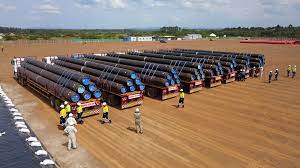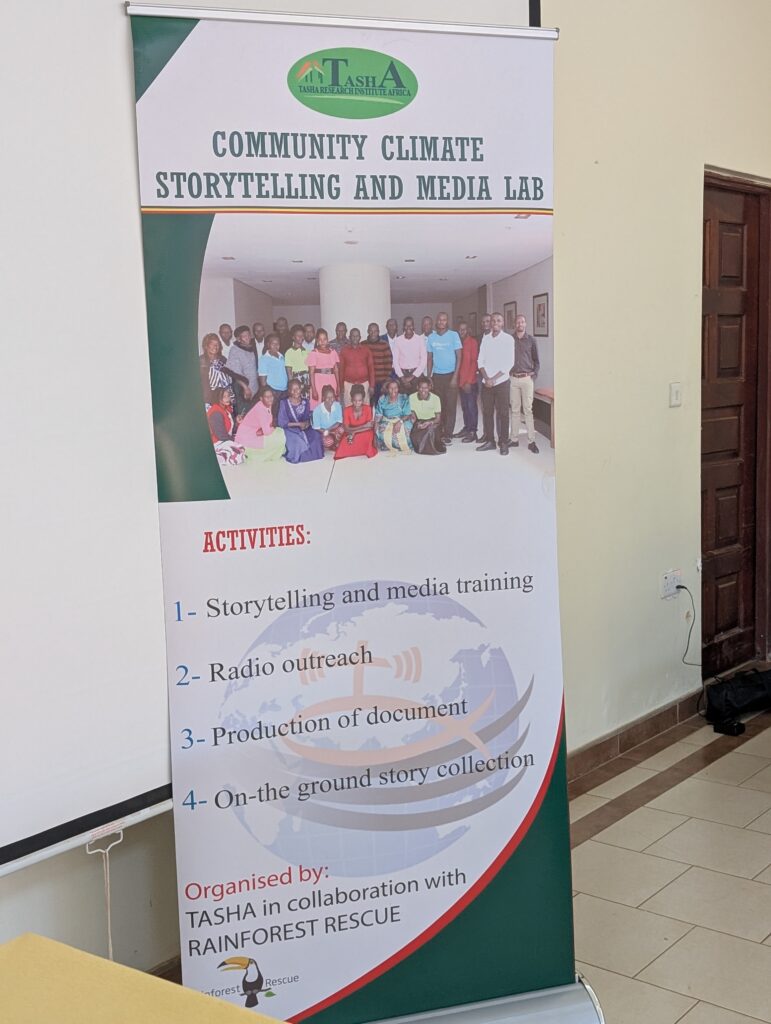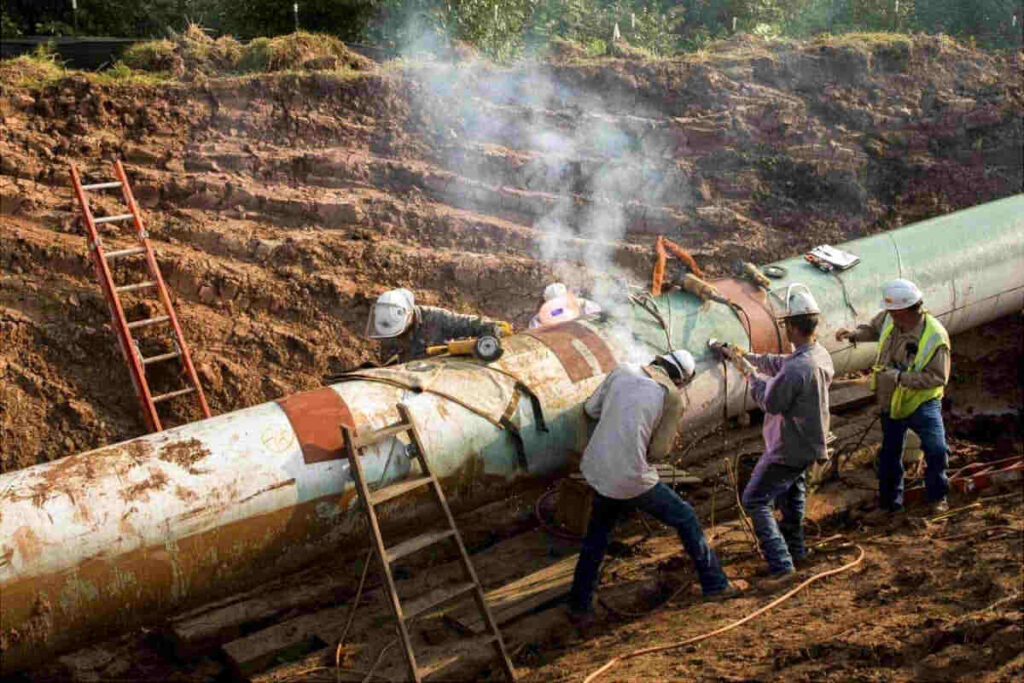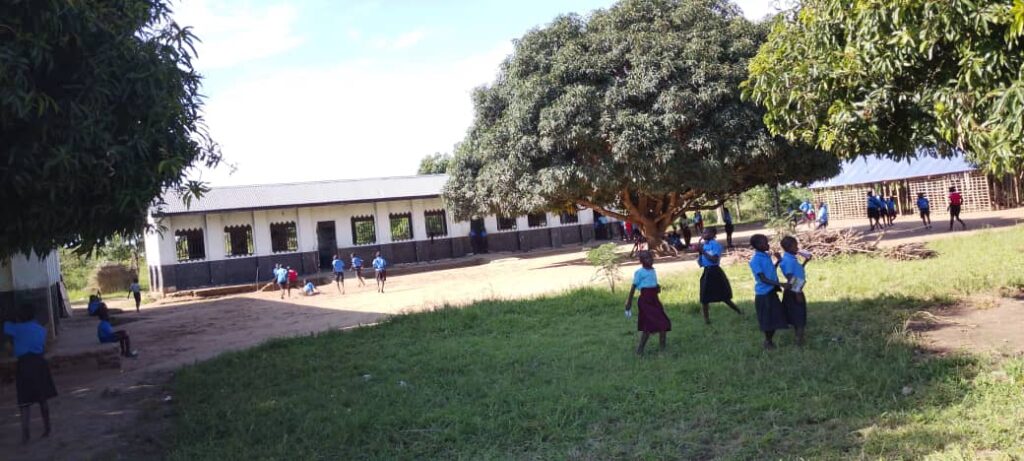This month (August 2025), TotalEnergies published a story calling the Tilenga and EACOP projects “responsible” and “transparent.” They speak of community consultations, fair compensation, and protecting the environment. But living here in Hoima District, along the path of the pipeline, I know that isn’t the truth.
It has been more than ten years since the East African Crude Oil Pipeline was announced. The 296 km stretch in Uganda runs through our land, crossing ten districts. Here in Buseruka sub-county, the story has not been one of opportunity — it has been one of loss.
When the pipeline route was marked, people were told they would be compensated. The money they received was small, far less than the value of their land. Families lost the gardens and fields that fed them. Without enough to buy new land, some have no way to grow food and now face hunger.
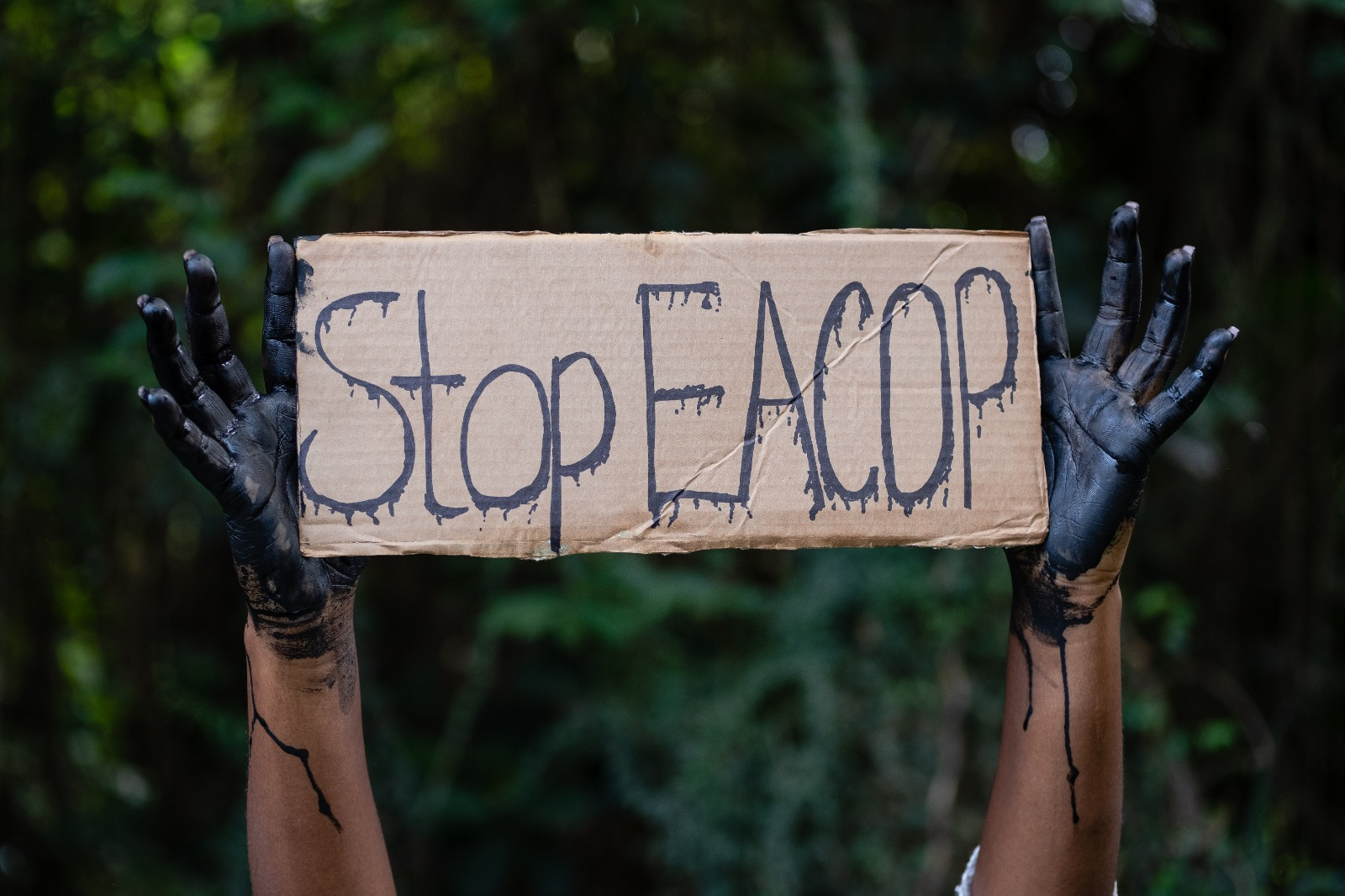
Our observer Byaikya Nicholas echoes the sentiment and opinion of the majority in the pipeline affected areas. “We were never given clear answers about the dangers of the pipeline. Many here have never been taught the law or how to speak up in these matters. Some of us worry the heated, high-pressure pipeline could burst one day, poisoning our water or damaging our health. Others have decided it is safer to stay silent than to ask too many questions.”
In his latest report, he reiterates. “Already, our environment is changing. Water sources are becoming polluted, wildlife habitats are disappearing, and the air feels different. When TotalEnergies talks about “positive biodiversity impacts,” we wonder how they can say that while the natural world around us is being destroyed.”
For those of us living here, EACOP is not about development — it is about losing land, food, and the peace of mind we once had. We want a different future, one built on clean energy, secure livelihoods, and respect for our land and water.
EACOP is not inevitable. It is a choice. And for us, it is the wrong one.

